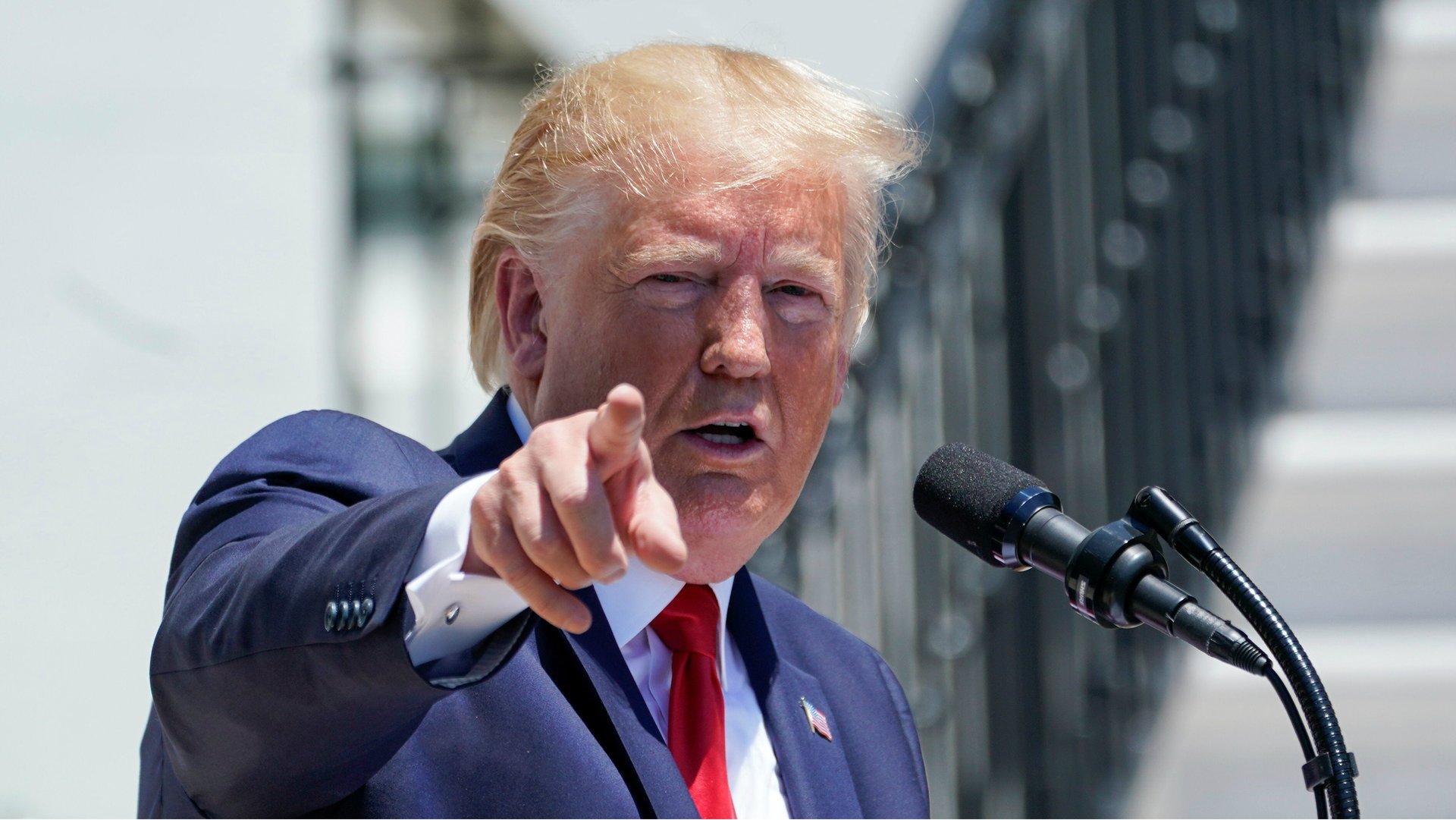A new Trump admin proposal will make it more difficult for African students to study in the US
The US Department of Homeland Security (DHS) is attempting to revamp visa rules for international students—but thousands of Africans could be adversely affected.


The US Department of Homeland Security (DHS) is attempting to revamp visa rules for international students—but thousands of Africans could be adversely affected.
Under the new proposals, the US is looking to stipulate maximum terms of up to four years for student visas but will allow applications for stay extensions for specific cases, including medical illness or “compelling” academic reasons.
However, in a more targeted move, the DHS is also aiming to limit visa terms to two years for students born in countries designated as sponsors of terrorism (Iran, North Korea, Sudan, and Syria) as well as those from countries with overstay rates of more than 10% for student and exchange visitor visas. It’s a restriction that disproportionately impacts African students as evidenced by the list of affected countries: Africa accounts for 36 of the 59 countries affected by the DHS’ proposals.
If passed, the rule changes will represent the latest immigration policy from the Trump administration targeting prospective visitors from Africa. Nigeria, in particular, has been on the wrong end of these policies from the indefinite suspension of a visa interview waiver for Nigerian applicants to a ban on issuing immigrant visas.
“This is undoubtedly a policy that is designed to discriminate against Africans,” says Matthew Page, a Center for Democracy and Development fellow and former US State Department official. “Yes, overstays are an issue—but the huge cultural, diplomatic, economic, and personal downsides of this plan are being ignored.”
As part of the proposal, international students will also be required to leave the US within 30 days of completing their program, rather than the current 60-day provision.
The proposed rules are a departure from existing ones which allows students stay in the US as long as they are enrolled in a recognized academic institution. Yet, if passed, thousands of African students to the US face the possibility of not being able to complete degree programs most of which last longer than the two-year visas they will be initially issued. Even though the rule allows for applications to extend these visas, there are no guarantees that such applications will be approved despite coming at an extra cost.
It remains to be seen just how the proposed ruling will impact international student applications to the US, but the possibility of a decline—in line with current trends—is an obvious likelihood. It will also likely encourage more African students to consider China as an option.
Ultimately, this will come at some cost for US academic institutions given the established economic impact of spending by international students. Last year, spending by Nigerian students studying in the US reached $514 million—more than students from France, Germany, and the UK spent in the US.
Sign up to the Quartz Africa Weekly Brief here for news and analysis on African business, tech, and innovation in your inbox